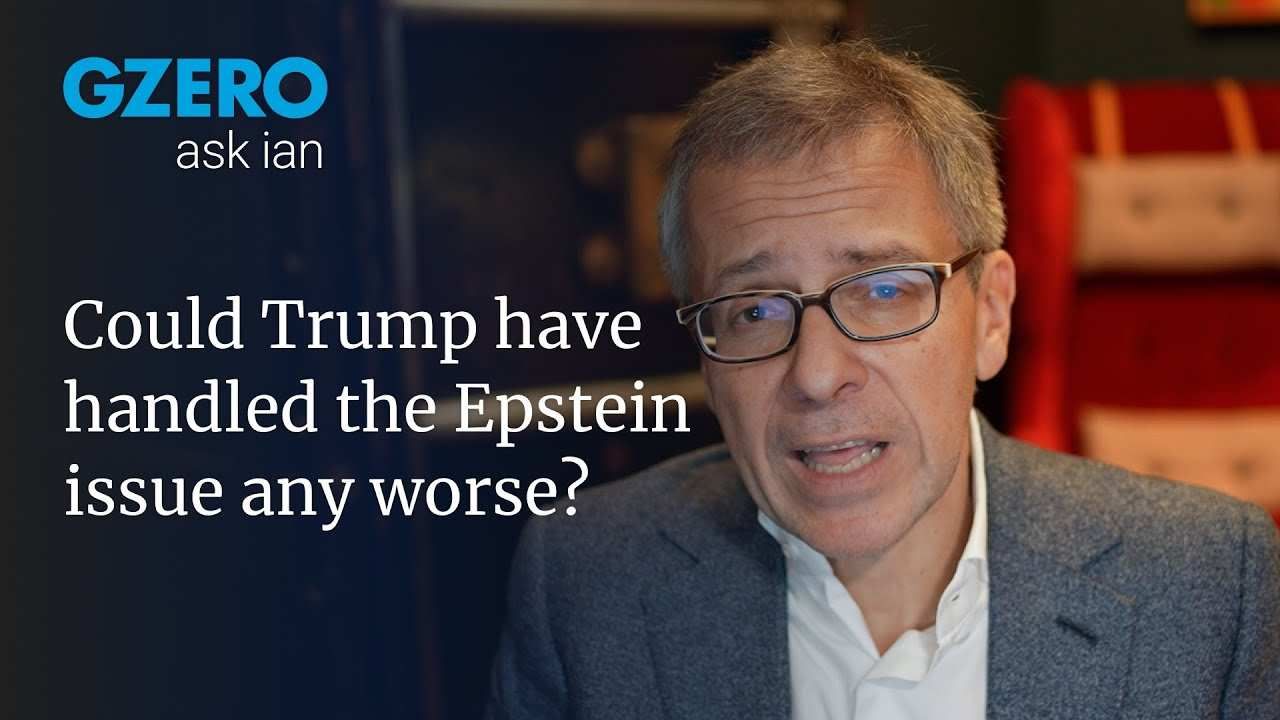8.6: Indian politician and parties are expected to spend almost $8.6 billion in this year's election which began in early April and lasts for more than six weeks, according to the New Delhi-based Centre for Media Studies. That's more than the $6.5 billion spend in the 2016 US presidential and congressional elections, making it the most expensive election in the world.
90: Over the past 20 years, migration from Mexico to the United States has dropped 90 percent. Arrivals from Guatemala and Honduras are on pace to surpass those from Mexico this year for the first time ever.
236: There are currently 236 political prisoners behind bars in Russia, up from just 46 in 2015, according to a new report. A reminder that there are things that even Vladimir Putin, the Teflon Don of Russia, is worried about.
67: Sixty-seven percent of Peruvians view immigration from nearby Venezuela in a negative light, compared to 43 percent who held this view in February of 2018. This week, Peru conducted the first known mass deportation of Venezuelan migrants from any country in the region.